Listeners:
Top listeners:
-
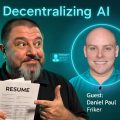 play_arrow
play_arrow
Decentralizing AI - Navigating the Future of Work with AI
-
 play_arrow
play_arrow
Life Tips - From Video Games to Virtual Reality: Henry Woodman's Journey
-
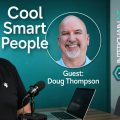 play_arrow
play_arrow
Cool Smart People - The Art of Storytelling in Tech
-
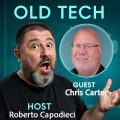 play_arrow
play_arrow
Old Tech - Integrating Old and New: The Future of Technology
-
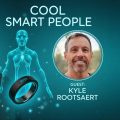 play_arrow
play_arrow
Cool Smart People - Revolutionizing Diabetes Care with Technology
-
 play_arrow
play_arrow
Life Tips - From Trauma to Triumph: Alan Lazaros' Journey
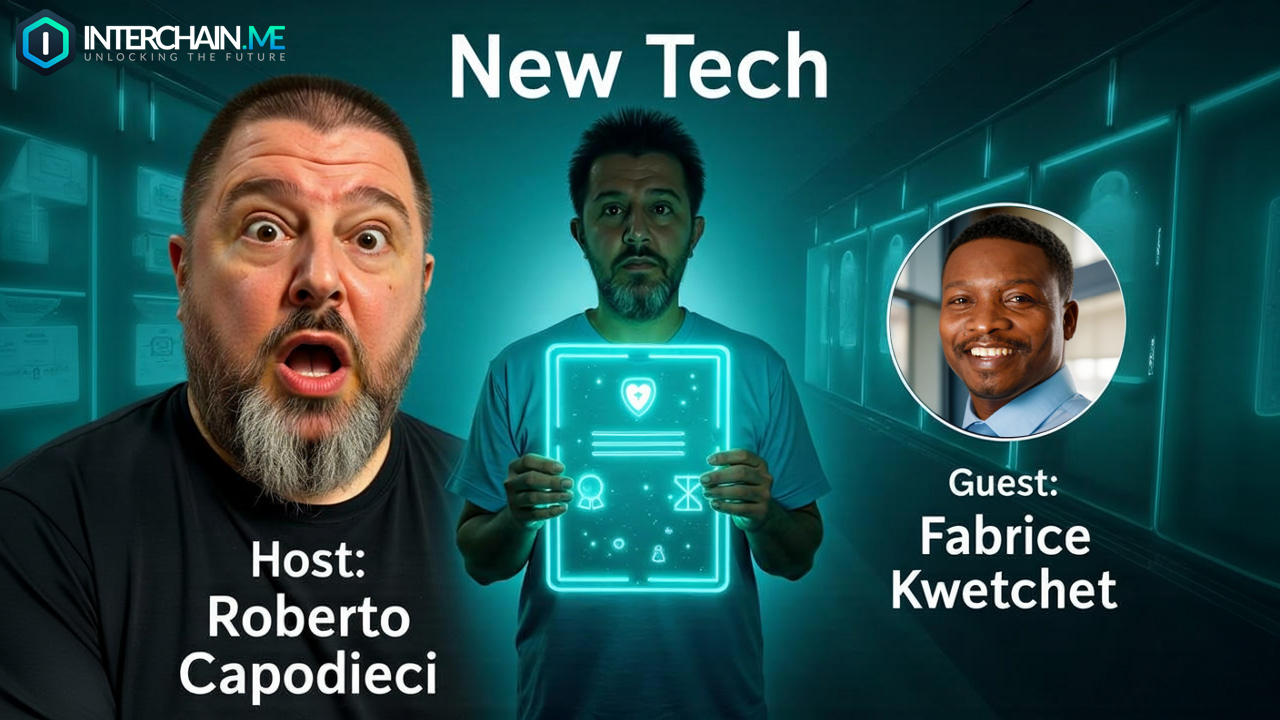
Patient-Owned Health Data That Actually Works: Ulalo’s Medical Records on Blockchain
New Tech Roberto Capodieci 02 August 2025
https://www.youtube.com/watch?v=KAbnlNqOAaU
Guest: Fabrice Kwetchet, Founder and CEO of Ulalo
Show: Interchain Me – New Tech
Listen to the Podcast
Healthcare is drowning in paperwork and data silos. You get sick on holiday, show up at an emergency room, and nobody can see your history. You sign a pile of consent forms under stress, and later discover your data is being used for research or marketing without you ever noticing. Meanwhile, the same CT scan gets copied across systems, emailed around, and “uploaded” again and again.
Ulalo wants to fix this at the root: put the patient in control of a single, authoritative medical record, make sharing granular and revocable, and do it with a decentralized infrastructure that hospitals and insurers cannot quietly reshape to their advantage.
Fabrice Kwetchet did not arrive at this idea in a boardroom. He arrived at it in panic, rushing to the hospital with his one-year-old who had swallowed a screw, and crashing his car in the process. The medical team saved his son. The paperwork and claims system did not. The experience exposed how disconnected and fragile our health data really is. That moment seeded Ulalo.
Why this matters now
Three simple truths surfaced in our conversation:
-
Portability is not optional: If you fall ill away from home, doctors need your history now, not after a fax or a nationwide hunt across hospital networks.
-
Ownership must be real: Health data is about you. You should hold the master record, decide who sees what, for how long, and withdraw access cleanly.
-
Insight needs completeness: Fragmented records hide risks. When your information is consolidated, privacy-preserving AI can highlight patterns and warn you early. The final word stays with a clinician, but the triage is faster and smarter.
What Ulalo is building
Ulalo is a mobile-first app (iOS and Android) with a very blunt promise: it should feel like a normal app. No wallet juggling, no “buy a token to upload your X-ray.” Fabrice’s team designed for Web2 usability with Web3 guarantees.
Here is the essence:
-
You encrypt at the edge: Documents get scanned or imported on your phone, encrypted on your device, then stored as encrypted blobs. OCR extracts non-identifying tags so you can organize records without exposing content.
-
Data where it belongs: Heavy files are stored encrypted on IPFS. Decryption keys remain in your control. What gets shared is access, not copies.
-
Permissioned rails on Avalanche: Ulalo uses Avalanche subnets to run a permissioned network suited to healthcare. Subnets give the team control over validators and policies without sacrificing performance.
-
Gasless for patients: The app abstracts the chain. You do not hunt for gas or manage fees. Transactions are sponsored behind the scenes. For the average user: it just works.
-
Real consent, tracked on-chain: Sharing is granular by document or field, time-boxed, and revocable. Every access is auditable, so you know who saw what and when.
-
Monetize only if you choose: If you want your anonymized data used for research or clinical trials, you can opt in, understand the scope and time window, and get compensated. If you do not, nothing moves.
At the time of recording (June 8, 2025), Ulalo’s public testnet was scheduled to open the following week, with faucets, token mechanics for network security, and community participation for node runners and early users.
Not another “document portal”: why blockchain is required
Plenty of portals claim to “connect your health.” Most still create copies. Copies drift. Copies get forwarded. Copies get altered. With Ulalo, the original record is created and cryptographically signed by the issuer; access means seeing that single, authoritative item.
Think in practical terms:
-
Links, not attachments: You share a reference and a key. Forwarding shares the same reference, not a fresh copy. Integrity is preserved.
-
Field-level separation: Admin staff can see billing fields; clinicians see diagnostics; research partners see anonymized signals only. Different keys, same underlying record.
-
Timestamps that matter: On-chain timestamps anchor events to a point in time. You cannot convincingly backdate an X-ray to game an insurance claim.
-
Less duplication, less noise: Sending pointers instead of files cuts bandwidth and confusion. It also weakens the “data leak by attachment” problem plaguing email-based workflows.
If you try to rebuild this with a centralized database, you collide with trust and incentives. Who runs it, who audits it, who resists monetizing it, and what happens when policies change? Decentralization is not hype here; it is how you prevent a single party from quietly rewriting the social contract.
AI is the co-pilot, not the driver
Once your records are truly yours and truly complete, AI becomes useful instead of dangerous. Models specialized for radiology or lab trends can flag early signals long before a human would notice. The sane approach is privacy-preserving:
-
Run models locally or in controlled environments.
-
Keep patient identity out of view; let the model see patterns, not people.
-
Treat AI as triage that prepares a clear, cited brief for a licensed clinician.
This is where blockchain and AI complement each other: the chain guarantees integrity and access control; AI turns a mountain of PDFs into actionable warnings.
Regulations and reality
European privacy laws aim to protect citizens, but they often paralyze data flows at the worst moment. Receptionists cannot even confirm a room number. Ulalo sidesteps the stalemate by shifting agency: if it is your data, you choose who sees it. Regulators can and should constrain third parties; they should not stop an individual from sharing their own information on their own terms.
Who Ulalo needs right now
-
Patients and clinicians: Kick the tires. Upload de-identified test files, simulate referrals, request second opinions.
-
Hospitals and system integrators: Explore connectors. Even a manual “scan to Ulalo” pilot is enough to validate flows before deep integrations.
-
Web3 builders and node runners: Help test the subnet, the faucet, and sponsored transactions. Break things now, not later.
-
Researchers and pharma: Stress-test consent, anonymization, and audit trails. If you want data, make it transparent and fair.
You can find contacts and community links at ulalo.xyz, including LinkedIn, X, and Telegram.
My take
For a decade, “blockchain in healthcare” was mostly decks and buzzwords. Ulalo clears the bar because it refuses to make the patient experience weird. Gasless UX, mobile first, consent that actually revokes, and a chain architecture tuned for healthcare constraints: that is the right order of priorities. Also, it is honest about where it is: an MVP, a testnet, rough edges. Good. Ship, learn, iterate.
If you run a hospital pilot program, lead R&D, or simply want your health data treated like the asset it is, talk to Fabrice. This is what decentralization is for: putting control back in the hands of the person who has the most to lose when things go wrong.
Pull quotes
“Your health data is like your identity. You should own it.”
“We want people to forget it is a Web3 app. It should just work.”
“Sharing is links and keys, not copies. The original stays authoritative.”
How to participate
-
Try the app on iOS or Android once the testnet build is posted.
-
Join the community via the links at ulalo.xyz and ask for faucet access.
-
If you are a clinician or admin, simulate a real workflow: referral, second opinion, claim evidence.
-
If you are a hospital IT lead or integrator, schedule a discovery call to map a minimal bridge.
Credits
Recorded for Interchain Me on June 8, 2025. Host: Roberto Capodieci. Guest: Fabrice Kwetchet, Ulalo.
Search
Sign up to Interchain Me Newsletter
Blog News
Apply to be a guest
🎤 Want to be a guest on one of our podcasts? Whether you’re an expert in blockchain, a tech enthusiast, or an AI aficionado, we’re looking for guests across all our series, including “Life Tips,” “New Tech,” “Old Tech,” and “Past Predictions.” Share your insights, experiences, and expertise with our audience! Apply now for a chance to join us as a guest. 🎙️✨

🎧 Got a topic in mind for our next podcast? Help shape the conversation by suggesting an episode idea! Choose from categories like “Cool Smart People,” “Decentralizing AI,” “Learn with Rob,” “Life Tips,” “New Tech,” “Old Tech,” “Past Predictions,” “Rob’s Memory Lane,” and “Throwback Thursday.” We’re eager to hear your ideas and create content that resonates with you. Share your suggestion today!
(C) 1974-2024 Roberto Capodieci
Be the first to leave a comment